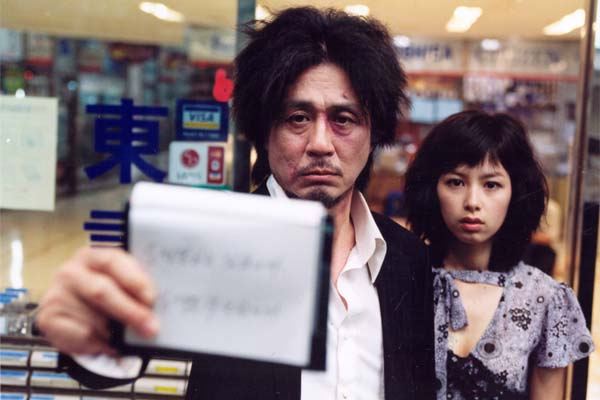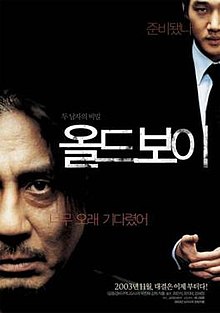II
I've explored in the previous post the great importance of Oldboy's creator, Park Chan-wook. His role as the creative vision behind the film is reflected in the usage and prominence of the themes of revenge, violence, and salvation.Unfortunately, due to its being a foreign (South Korean) film, there is little research I can do as far as the significance of its other creators or its production company. However, further insight can be made into the film's political background. The film opens in 1988, just after the beginning of South Korea's Sixth (and current) Republic. The nation had just undergone major reform after a period of military regime. While the portrayal of Oh Dae-su's fifteen-year imprisonment is brief, references are made to numerous historical events of the period including the inaugurations of three presidents, the Seoul Olympics, and the signing of the IMF. While care is taken to display such significant events, none of these play notable roles in the overall film.
The majority of Oldboy takes place in a modern, contemporary setting: 2003. Therefore, aside from a few technological advances, the film depicts a very familiar time to now, and much of the film is recognizable as such. Additionally, because it is relatively new, the film reflects many modern filmmaking techniques. The cinematography and editing are reminiscent of that of a summer blockbuster: quick and stylized. While some aspects of the film require enormous suspension of disbelief, other elements are immediately believable due to their familiarity.







